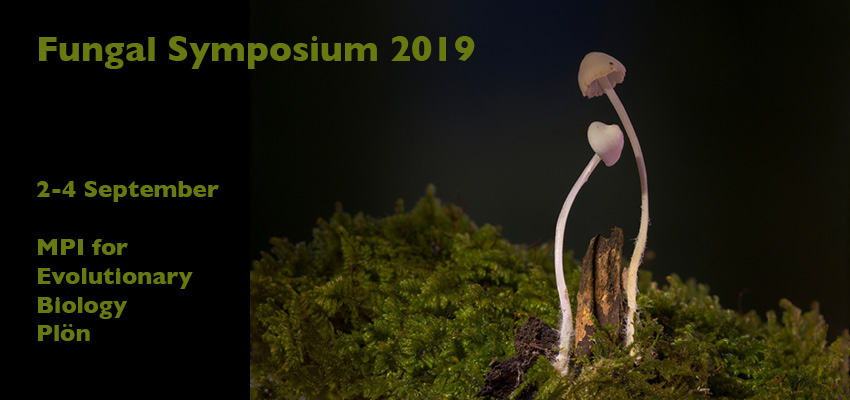Speaker
Description
In contrast to the situation in plants, the role auxin, especially indole-3 acetic acid (IAA), plays in fungi remains mostly unclear. The evolutionary context, under which the auxin synthesis pathway in non-plant associated fungi was retained, is thus not completely resolved, though evidence indicates a role in intercellular and interspecies communication, with a putative impact on the ecology of multispecies biocoenosis. It could be moreover shown that the ascomycete Neurospora crassa possesses several genes homologue to those involved in the auxin biosynthesis of green plants (Kollath-Leiß, Bönniger, Sardar, Kempken 2014) and that the synthesis of IAA has a great impact on the germination of spores and the formation of hyphae, resembling the function auxin displays in plants (Sardar and Kempken 2018). The goal of my study is to confirm the striking impact the double knock-out ∆cbs-3∆ahd-2 has on the overall IAA production by complementation and furthermore create an auxin null-mutant by usage of the genome editing system CRISPR/Cas9. Hereby, a concept is utilized in which a ribonucleoprotein complex is transfected, instead of introducing a plasmid encoding for the CRISPR/Cas9 components, a method hitherto not established in fungi. Additionally, a striking delay in the formation and maturation of perithecia and ascospores was observed, indicating an additional suspenseful role of IAA in N. crassa.

